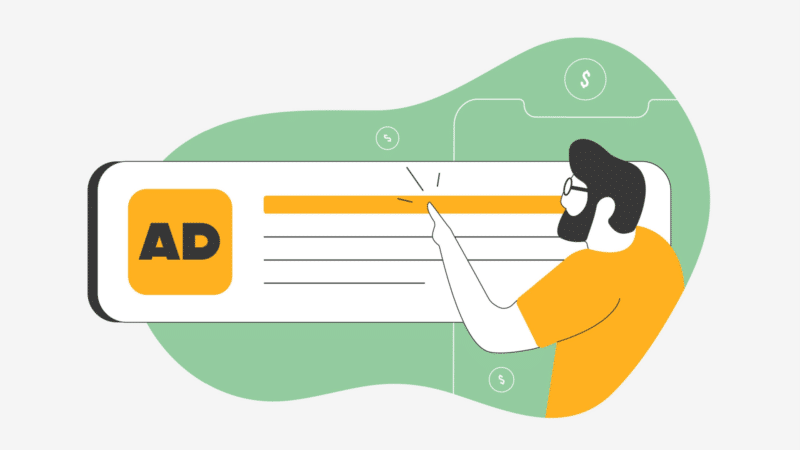
Mastering Google Ads: A Roadmap to Enhanced Revenue Generation
In today’s digital landscape, a tailored Google Ads (PPC) campaign can be the cornerstone of any marketing strategy. The journey to digital success begins with understanding that not all campaigns are created equal; particularly when delineating between ecommerce and lead generation. A structured approach centered on achieving specific business goals—especially revenue—will pave the way for effective advertising outcomes.
Define Objectives: The Cornerstone of PPC Strategy
At the heart of every successful PPC strategy lies the necessity to define clear objectives. For ecommerce businesses, the goal is straightforward: drive direct sales. Conversely, lead generation campaigns focus on cultivating quality leads by engaging potential customers with compelling offers and informative content. By establishing a firm understanding of these distinct objectives, organizations can tailor their strategies accordingly.
Harnessing First-Party Data for Enhanced Campaigns
The implementation of a data-driven approach is instrumental in informing and refining PPC campaigns. Leveraging available first-party data ensures valuable insights that guide decision-making. For those who lack substantial data at the onset, initiating campaigns with targeted branded terms can yield insights into consumer behaviors and preferences. Continuous optimization through conversion data is essential, while comprehensive customer match lists can bolster remarketing efforts.
Tailoring Strategies for Different Sales Funnel Stages
Organizations should recognize that every stage of the sales funnel necessitates a distinct strategy. For the Bottom of Funnel (BOFU) prospects, converting high-intent buyers demands a focus on branded campaigns and remarketing techniques. In the Middle of Funnel (MOFU), well-crafted dynamic search campaigns and educational video content can cultivate interest. Meanwhile, for Top of Funnel (TOFU), broad campaigns featuring video ads aim to build brand awareness and cultivate trust among potential customers long before they consider making a purchasing decision.
Optimizing Budget Allocation for Maximum Impact
Budget considerations can often influence the success of PPC initiatives. Prioritizing campaigns aimed at BOFU conversions ensures timely returns, while establishing brand presence with TOFU strategies can be equally impactful when resources allow. Crafting a balanced budget allocation that spans various stages of the funnel—investing prudently—is critical for achieving both immediate and long-term marketing objectives.
Crafting a Comprehensive and Adaptive Strategy
The essence of an effective PPC strategy extends beyond achieving short-term revenue goals. Instead, it should integrate foresight and adaptability, ensuring campaigns address each phase of the customer journey. A focus on data utilization and strategic planning will significantly enhance the likelihood of ongoing success and customer retention.
Furthermore, when integrating strategies for campaigns, combining efforts with a URL shortener can streamline tracking and analytics. Utilizing tools like BitIgniter or LinksGPT allows marketers to better manage their links while gaining insights into user engagement, further refining their PPC campaigns.
In conclusion, a well-rounded PPC strategy must be goal-oriented, data-driven, and cognizant of the specific demands across the sales funnel. By approaching each element with a clear strategy, organizations open the door to sustainable growth and profitable customer relationships.
Industry Tags
#BitIgniter #LinksGPT #UrlExpander #UrlShortener #PPC #DigitalMarketing
Want to know more: https://searchengineland.com/paid-search-strategy-446697


